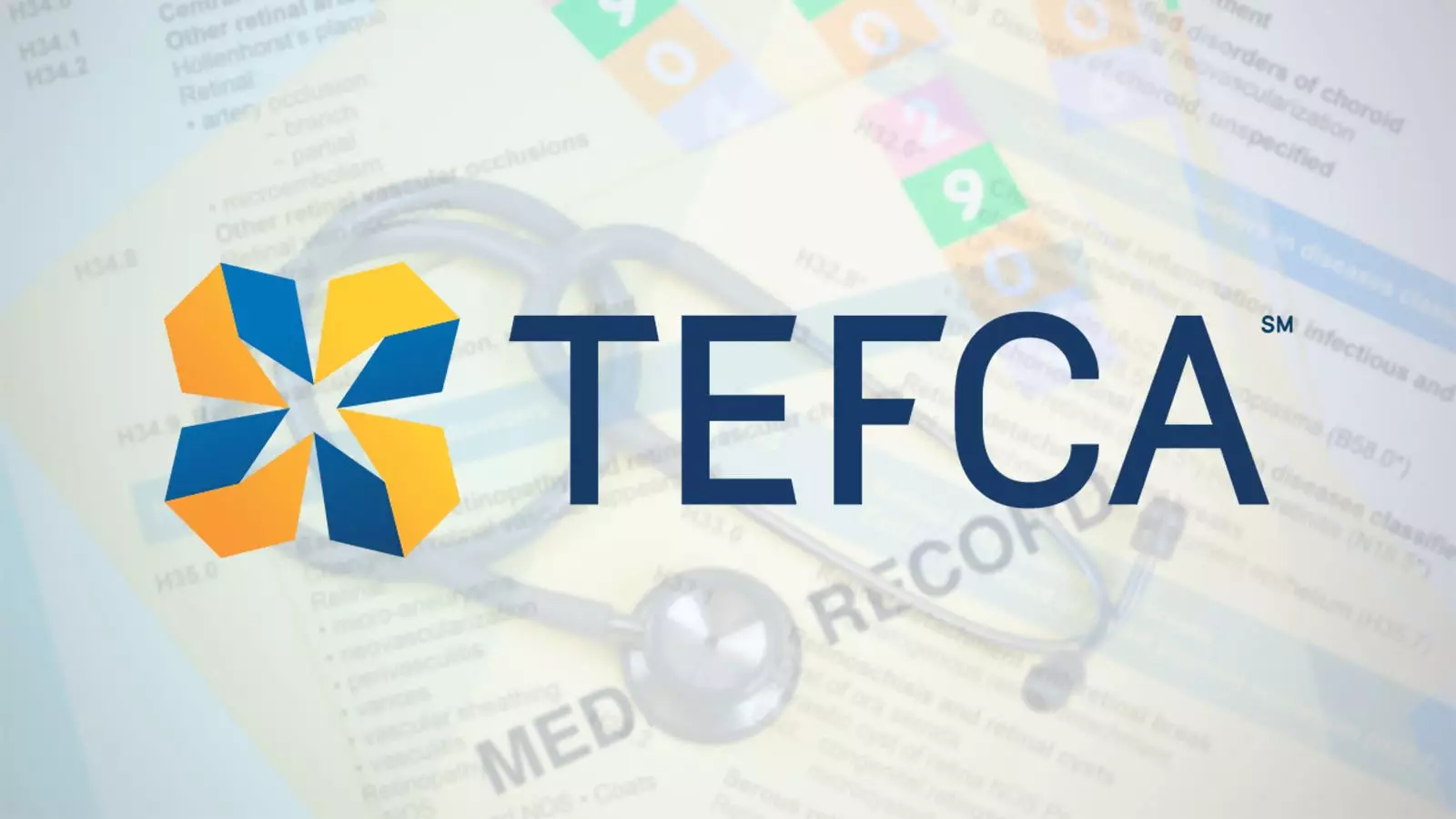The healthcare industry is on the brink of a revolutionary change. Five healthcare companies have taken a significant step towards establishing a nationwide network for exchanging patient health information. This groundbreaking development has the potential to shape the future of healthcare as we know it.
During an event held at the headquarters of the U.S. Department of Health and Human Services (HHS), HHS Secretary Xavier Becerra expressed his admiration for the entities involved in this initiative. He likened the event to the Big Bang, a moment of creation and expansion. Secretary Becerra congratulated these entities for their early involvement and their commitment to building an interoperable healthcare information system.
Qualified Health Information Networks
The five companies leading this charge are eHealth Exchange, Epic Nexus, Health Gorilla, KONZA, and MedAllies. They have become the first qualified health information networks (QHINs) to meet the criteria for participating in the Trusted Exchange Framework and Common Agreement (TEFCA). TEFCA is a network that the federal government is developing to simplify the exchange of health information among health plans, providers, public health agencies, and patients.
Executives from these five companies participated in a signing ceremony that marked their commitment to this transformative endeavor. However, the actual operations of this network are yet to commence. The Common Agreement Version 2.0, currently in development, is scheduled to be adopted by the QHINs by the first quarter of 2024.
The Importance of Complete and Accurate Medical Records
A complete and accurate medical record is vital for delivering high-quality care. Rob Klootwyk, the director of interoperability for Epic Nexus, emphasized the significance of easily exchanging information. When clinicians have access to a patient’s full medical history, they can provide the best possible care. TEFCA aims to bring clarity and alignment to regional efforts by creating a federally enforced framework.
While TEFCA represents a monumental step towards universal interoperability, challenges still remain. There are gaps that need to be addressed to fully achieve seamless information exchange. The collective effort of all healthcare stakeholders, including physicians, is necessary to bridge these gaps. Engaging every physician in the country to become a participant in TEFCA will help accelerate progress.
Over 200 hospitals and 3,000 clinics that use Epic plan to be early adopters of TEFCA. When fully rolled out, TEFCA aims to assist approximately 2,700 hospitals and 70,000 clinics in going live on the network. The key to TEFCA’s success lies in achieving critical mass adoption among providers. The day when every healthcare provider in the country can unequivocally answer “Yes” to being part of TEFCA is eagerly awaited.
Micky Tripathi, the head of the Office of the National Coordinator for Health Information Technology (ONC), urged healthcare providers to embrace TEFCA. Tripathi emphasized that TEFCA’s forward momentum would encourage health information exchanges (HIEs) to connect with each other, incentivize vendors to join, and raise awareness among physicians and smaller hospitals. This call to action serves as a clarion call for the entire healthcare industry to prioritize participation in TEFCA.
The Patient Identifier Debate
One aspect that the common agreement does not address is the need for a unique patient identifier for data sharing. While acknowledging the potential benefits of such an identifier, Tripathi asserted that it is not necessary for this initiative. Congress has long prohibited the establishment of a unique patient identifier, forcing the industry to adapt and find alternative solutions for patient identification.
The creation of a nationwide network for patient health information exchange heralds a new era in healthcare. The involvement of these five healthcare companies as qualified health information networks marks a significant milestone in the development of the Trusted Exchange Framework and Common Agreement. Despite challenges and debates, the collaborative efforts of the entire healthcare ecosystem continue to drive progress towards comprehensive interoperability. The day TEFCA becomes a resounding “Yes” in response to the question of participation will be the day when the transformational power of healthcare information exchange becomes a reality.


Leave a Reply